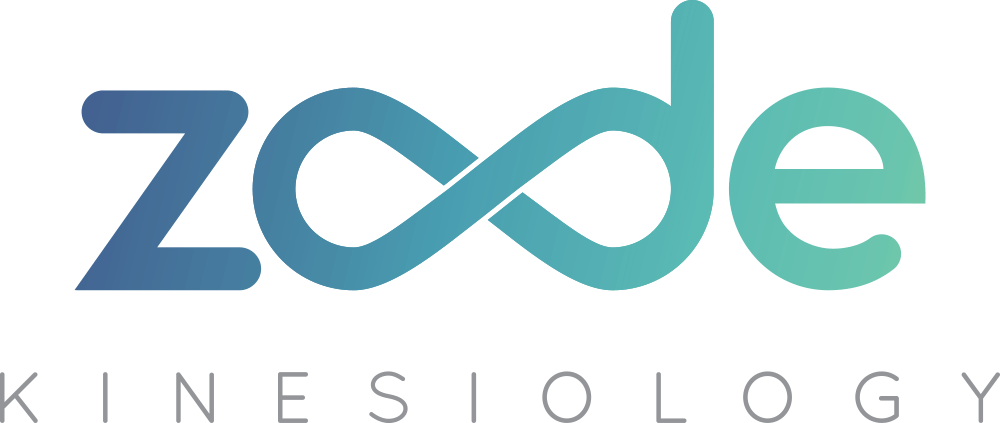Grief & Trauma
Grief and trauma are both powerful experiences that can have significant effects on an individual's mental, emotional, and physical well-being. Both of these experiences can manifest in a variety of ways including anger, guilt, sadness, numbness, not eating or sleeping, panic attacks, substance abuse and physical symptoms such as headaches and brain fog.
Kinesiology can help. It may not replace psychological help but it can complement it as a Kinesiologist can work with physical, emotional and mental effects of trauma in a gentle non invasive way.
Your body holds onto all your beliefs, memories and experiences. In a session, I work with your body so it feels safe.
Once safe, your body will inevitably be able to let go of what no longer serves you. Its all in the body work.
Listening
•
Understanding
•
Connecting
•
Balancing
•
Listening • Understanding • Connecting • Balancing •
How Kinesiology can help with grief & trauma.
Grief is a natural response to loss and may manifest in a variety of ways, including sadness, anger, guilt, confusion, and numbness. The intensity and duration of grief can vary greatly.
Trauma, on the other hand, is an emotional response to an overwhelmingly negative event or series of events. Trauma can be caused by a wide range of experiences and can have lasting effects.
The damage done by trauma or grief is not the immediate pain they inflict but the long-term distortions they induce because we are not shown how to process the grief and trauma at the time. So we work out how to be safe in the world and live that way - until it doesn’t work anymore.
As a kinesiologist, I look at the whole picture. Because the body can tell the story we often don’t need to talk that much either. It’s when we realise that our traumatic responses and imprints are not us, that’s when we can work through them and return to becoming ourselves.
“Trauma is what happens inside you as a result of what happened to you. Trauma really means a disconnection from ourselves – why do we disconnect?”
Dr. Gabor Maté
What else can Kinesiology can help with?
-
Overwhelm & Overthinking
-
Stress & Anxiety
-
Disconnection to You
-
Grief & Trauma
-
Boundaries
-
Building Confidence
-
Managing Emotions
-
Relationship Issues
-
Transitioning & Learning

